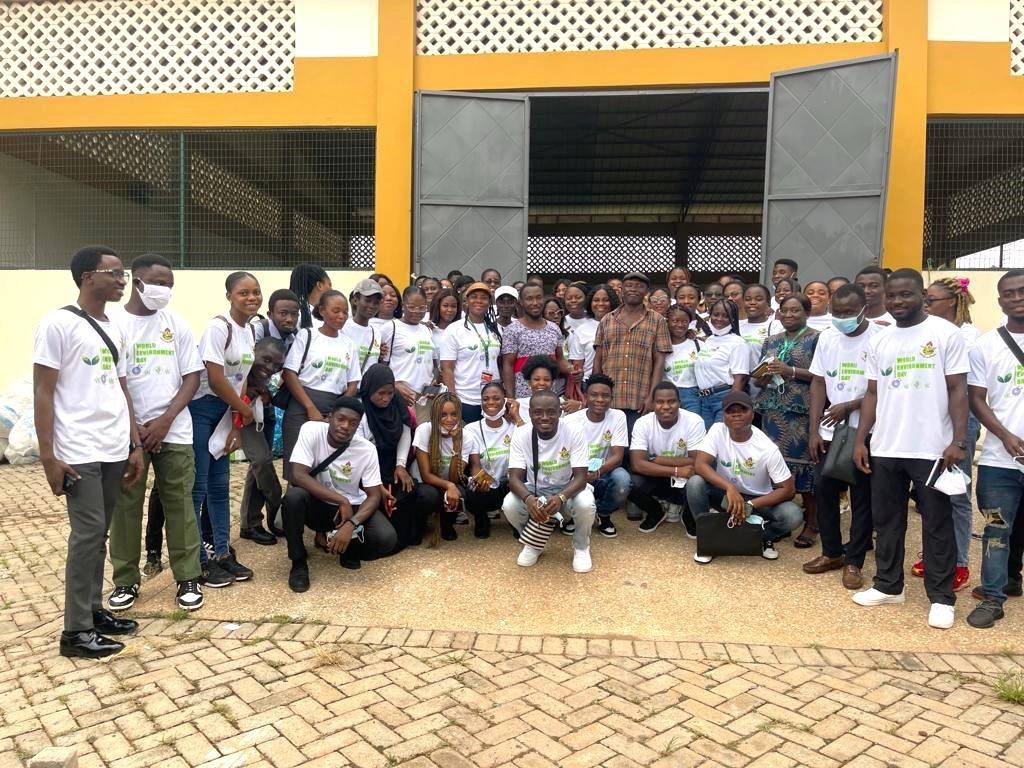On the 21st of July, 2023, students of Environmental Sociology of the Department of Sociology and Social Work from the Kwame Nkrumah University of Science and Technology (KNUST) embarked on an enlightening educational trip. Under the guidance of their lecturer, Dr. (Mrs.) Mary Sefa Boampong. The students visited two significant locations: the KNUST Recycling Center and the renowned Lake Bosomtwe in Bosomtwe district.

The day began with a visit to the KNUST Recycling Center, where the students were received by Mr. Alex Obutey, the resource personnel. He provided an in-depth session on the intricacies of plastic recycling, shedding light on the processes involved. This session proved to be highly informative, offering students a deeper understanding of the importance of managing used plastics and the potential benefits of recycling. The visit was documented with several photographs capturing the students' engagement at the center.

Following the insightful experience at the recycling center, the students, boarded KNUST buses and proceeded to Lake Bosomtwe. Their first point of call was the Bosomtwe District Assembly, where they interacted with the District Chief Executive and other assembly officials. This provided an opportunity for the students to understand the administrative perspective on environmental conservation in the district.

The journey continued to the shores of Lake Bosomtwe. Here, students engaged in friendly discussions with local leaders, including the Chief, assemblyman, opinion leaders, and other residents. The primary objective of this trip was to assess the impact of human activities on the lake as well as the ecosystem at large. Photographs were taken to document the picturesque of Lake Bosomtwe and the interactions that took place.

In addition to the primary objectives of the trip, the students had the opportunity to extend the environmental awareness campaign that had been initiated on June 5th, 2023 to the neighboring communities of the lake. Specifically, the local community were educated on the detrimental effects of excessive use of single-plastics. Emphasis was placed on the importance of reducing plastic consumption, proper disposal methods, and the broader implications of plastic waste on the ecosystem. The aim was to foster a sense of responsibility among the community members, urging them to contribute to a safer and more sustainable environment.
The trip, as described by many of the participating students, was not only educational but also an eye-opener, highlighting the importance of hands-on learning experiences in the field of environmental sociology.

